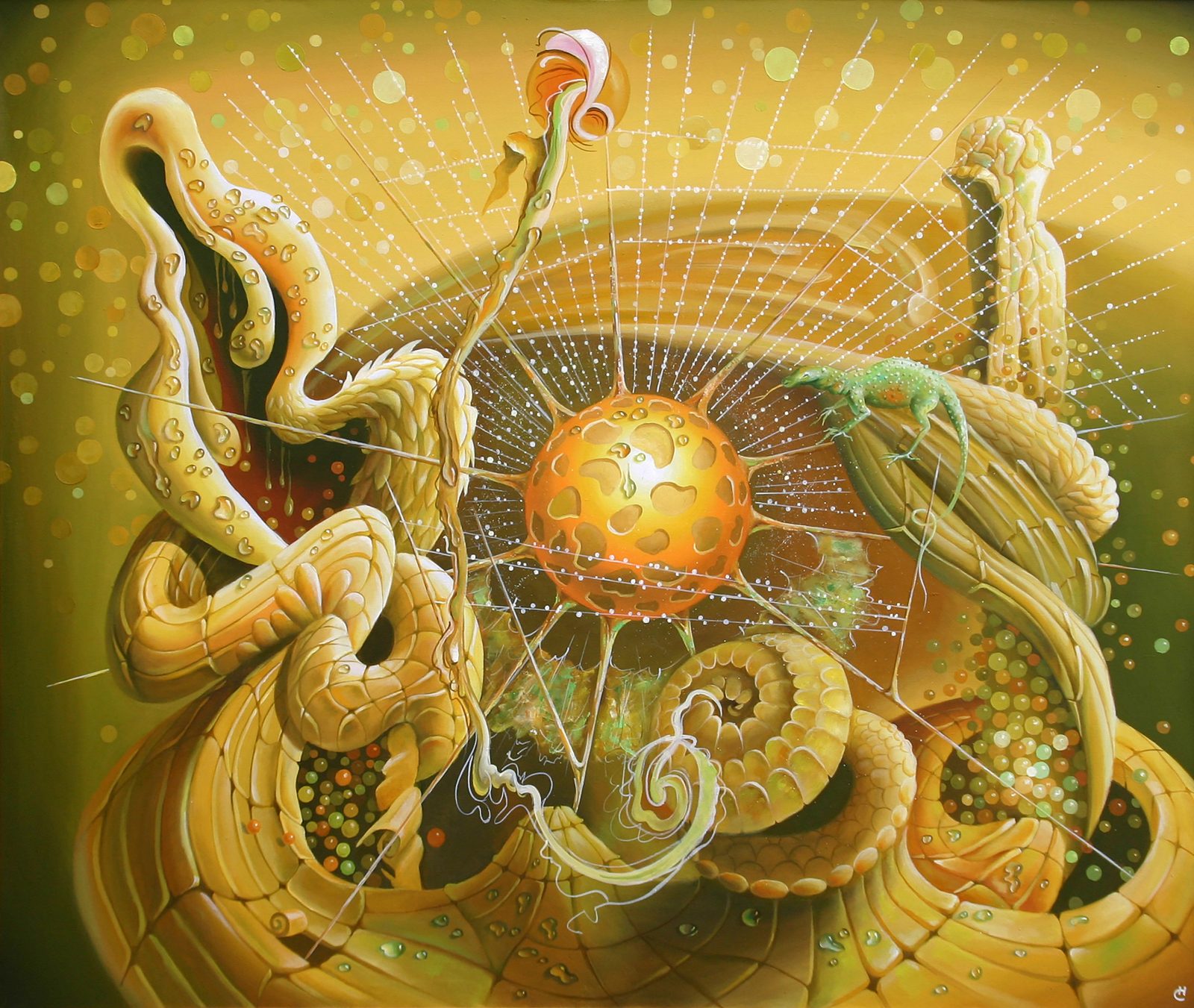


Stephen Meyer: One God or Many Universes?
In this ID the Future, Stephen Meyer takes a deep dive into the case for not only intelligent design, but also for a designer of the cosmos who is immaterial, eternal, transcendent, and involved. Meyer draws on evidence for design at the origin of life, in the origin of plants and animals, and from the fine tuning of the laws and constants of chemistry and the initial conditions of the universe. He connects all this to the scientific evidence that the universe is not eternal but had a beginning—the Big Bang. What about the main materialistic alternative for explaining this suite of evidence—the idea that there is a multiverse with our universe just being one of the lucky universes with just the right conditions to allow for advanced life? In step-by-step fashion, Meyer walks through why the multiverse explanation fails to explain away the insistent evidence of a cosmic designer. Tune in to hear the full argument. Meyer is author of the recent bestseller Return of the God Hypothesis: Three Scientific Discoveries That Reveal the Mind Behind the Universe, available here.

Stephen Meyer Defends His New Book to Cosmologist Brian Keating, Pt. 3
Today’s ID the Future concludes the conversation between Stephen Meyer, author of the newly released USA Today bestseller Return of the God Hypothesis, and UC-San Diego physicist Brian Keating. In part three they discuss divine extravagance and the question of why, if the universe was made for humans, did it take so long before humans came onto the scene? From there Meyer turns to the evidence for intelligent design from the digital information embedded in DNA and RNA. Is this book just another intelligent design argument, similar to his previous two books? Meyer says it is that, but it goes further, combining an intelligent design argument with evidence from science outside the scope of ID science in order to draw some inferences about the nature of the designer of life and the universe. As Meyer says, when you take the ensemble of evidence from biology, paleontology, physics, and cosmology, one finds that the evidence points toward not just any sort of designer but toward one consonant with the God of theism. This three-part conversation is borrowed, with permission, from a recent episode of Keating’s show, Into the Impossible. Get a copy of Meyer’s bestseller here.

RNA World in a World of Hurt
On this ID the Future, biophysicist Cornelius Hunter and host Eric Anderson discuss the RNA World hypothesis, an explanation for how the first self-reproducing organism might have arisen via mindless chemical processes. Hunter and Anderson have each written on the topic, and together they unpack some of the many and growing problems with this RNA-first explanation for the origin of life. They also spotlight some recent admissions in mainstream scientific publications that it’s time to move on from the cherished but embattled RNA World. The conversation pivots off of a recent essay by Hunter at Evolution News, “RNA World: Repeated Downfalls, Repeated Resurrections.” For more on the challenges of creating the first self-reproducing biological entity, see Eric Anderson’s Chapter 3 of Evolution and Intelligent Design in a Nutshell.

Fine Tuning in a Nutshell: No Problem
On this episode of ID the Future, Andrew McDiarmid interviews Robert Alston, Ph.D electrical engineer working at Picatinny Arsenal and co-author of the new book Evolution and Intelligent Design in a Nutshell. The two discuss the origin of the Nutshell book and the origin and fine tuning of the universe. Though cosmic fine tuning is often referred to as “the fine tuning problem,” Alston says it’s really no problem at all — not unless you’re trying to shoehorn it into the box of philosophical materialism.
